Terror in the shadows: Pahalgam Massacre and a quiet meeting in Dhaka reveal a dangerous nexus
In a development that has sent shockwaves through South Asia’s security corridors, just hours after Indian intelligence traced the horrific Pahalgam massacre—which claimed the lives of 26 Indian tourists—to Pakistan-based terror group Lashkar-e-Taiba (LeT) and its proxy, The Resistance Front (TRF), a troubling incident has surfaced involving a senior Bangladeshi government figure. Dr. Asif Nazrul, Legal Advisor to Bangladesh’s interim government, is alleged to have met with Harun Izhar, the Bangladesh-based chief of LeT’s operations.
The reported meeting is believed to have taken place on Wednesday afternoon within the premises of the Ministry of Law in Dhaka. This information, corroborated by sources within Bangladesh’s military intelligence, suggests that Dr. Nazrul engaged in direct talks with Izhar—a jihadist known for his longstanding involvement in orchestrating terrorist operations across the region. Notably, this engagement occurred within 24 hours of the devastating Pahalgam attack, raising serious concerns about the potential collusion between radical extremists and high-ranking figures within the interim Bangladeshi administration.
Harun Izhar, a familiar name in South Asia’s counterterrorism landscape, has a reputation marked by extremism and subversion. He was notably involved in a thwarted 2009 attempt to bomb the Indian High Commission in Dhaka. Furthermore, he has long-standing affiliations with Hefazat-e-Islam Bangladesh, an ultra-conservative Islamist group with a record of inciting radicalism under various guises. Izhar has also operated under the banners of militant fronts such as Towhidi Janata and Kara Mukti Andolon, which have sought to subvert democratic processes and incite religious uprisings.
In a deeply inflammatory move, Nazrul posted a controversial message on his verified Facebook account just hours before the alleged meeting, baselessly accusing Indian Prime Minister Narendra Modi, Home Minister Amit Shah, and National Security Advisor Ajit Doval of orchestrating the Pahalgam massacre. The statement, devoid of any substantiating evidence, has been widely condemned as provocative and callous, especially in light of the tragic loss of civilian lives.
Security officials in Bangladesh have confirmed that the meeting between Nazrul and Izhar was monitored and recorded, although the details remain under classification. A senior army intelligence officer, speaking on condition of anonymity, stated, “The confirmed presence of a designated terrorist within a government office reflects a dangerous nexus. It suggests not only ideological alignment but possibly institutional support for extremist agendas.”
Izhar’s radical activities extend well beyond Bangladeshi borders. He was flagged by U.S. intelligence following the interrogation of David Coleman Headley, a planner of the 26/11 Mumbai attacks. In 2013, Izhar was apprehended following a deadly grenade blast at his madrasa, which killed three and uncovered a cache of explosives—clear evidence of militant stockpiling.
During his education in Pakistan, Izhar built deep-rooted connections with key LeT leaders, which later enabled him to radicalize factions of Hefazat-e-Islam. His ideological influence transformed these groups into instruments of religious militancy. He was also behind several major mobilizations, including the violent protests during Prime Minister Modi’s visit to Dhaka in 2021, which were marked by widespread unrest.
Concerns are now being raised at the highest levels. Former Information Minister Mohammad Arafath, in an interview with NAI, expressed grave apprehension about the current political climate. “The interim government led by Muhammad Yunus has failed to check radical infiltration,” he warned. “When individuals like Dr. Nazrul, who hold advisory roles in the administration, are seen fraternizing with extremist operatives, it signals a dangerous shift towards institutionalised radicalisation.”
This alarming episode not only exposes the fragility of Bangladesh’s counterterrorism apparatus but also underscores the growing threat of extremist networks gaining legitimacy through political complicity. As regional tensions escalate, the international community is likely to demand greater transparency and accountability from Dhaka’s leadership.
Yunus-Munir Nexus
What deepens the regional alarm is the growing suspicion of an unspoken strategic alignment between Pakistan’s military leadership—particularly General Asim Munir, the current Chief of Army Staff—and Bangladesh’s interim Chief Adviser Muhammad Yunus. Though officially unacknowledged, several intelligence assessments suggest that the Yunus-led administration is gradually becoming more accommodating of extremist ideologues and operatives, many of whom have direct or ideological links to Pakistan’s deep state.
General Asim Munir, a former Director-General of Pakistan’s Inter-Services Intelligence (ISI), is known for his aggressive stance on “strategic depth,” a long-held Pakistani doctrine that seeks to leverage Islamist groups to expand influence across South Asia. Under Munir’s leadership, the ISI has reportedly ramped up its support for groups like Lashkar-e-Taiba (LeT) and TRF, particularly following the Taliban’s resurgence in Afghanistan. This renewed strategy appears aimed not only at keeping Kashmir on the boil but also at stoking instability in countries like Bangladesh, where political flux offers fertile ground for ideological infiltration.
The role of Mohammad Yunus in this web becomes more apparent when analyzing recent administrative decisions in Dhaka. Several known Islamist sympathizers have been quietly placed in advisory and bureaucratic roles within the interim government. The appointment of Dr. Asif Nazrul—whose controversial meeting with LeT’s Bangladesh chief Harun Izhar has sparked widespread condemnation—is just one example. Analysts argue that these placements are not coincidental but part of a broader political strategy to curry favor with hardline Islamic factions, which enjoy covert backing from Pakistan’s intelligence circles.
The timing of these developments is particularly telling. According to high-level Indian and Western intelligence sources, General Munir personally approved increased logistical and financial support to LeT operatives in the weeks leading up to the Pahalgam massacre. This included encrypted communications, funds routed through shell NGOs, and activation of regional handlers across Kashmir and Bangladesh. The attack itself, which targeted civilians and created maximum psychological impact, bears the hallmarks of classic ISI-sponsored operations designed to derail India’s internal stability and foreign engagements.
Moreover, diplomatic chatter indicates that Muhammad Yunus’s interim regime has quietly opened unofficial channels with elements within Pakistan’s military establishment. Some reports even suggest that Yunus views alignment with Pakistan as a strategic counterbalance to India’s growing influence in the region, especially in the wake of Sheikh Hasina’s closer ties with New Delhi. This realignment, critics warn, could drastically alter Bangladesh’s secular character and destabilize the fragile political equilibrium in South Asia.
The Asim Munir–Yunus nexus may not be formalized on paper, but its implications are unfolding on the ground. The LeT’s ability to not only operate but expand its footprint in Bangladesh signals a shift in regional power dynamics—one that is increasingly influenced by shadow alliances, proxy warfare, and ideological warfare. The Pahalgam massacre, thus, is not an isolated event but a flashpoint in a larger, more dangerous geopolitical game.
As global attention converges on these developments, the need for robust multilateral cooperation on counterterrorism, intelligence sharing, and diplomatic containment of extremist ideologies has never been more urgent. South Asia stands at a crossroads, and how Bangladesh navigates its internal and external alliances in the coming months may determine whether it remains a bastion of secularism or becomes the newest playground for jihadist geopolitics.
Please follow Blitz on Google News Channel
Arun Anand is an author and columnist who has penned more than a dozen books. He contributes columns on geopolitics to leading Indian and international publications and research journals. Follow him on ‘X’
@ArunAnandLive
terror-in-the-shadows-pahalgam-massacre-and-a-quiet-meeting-in-dhaka-reveal-a-dangerous-nexus

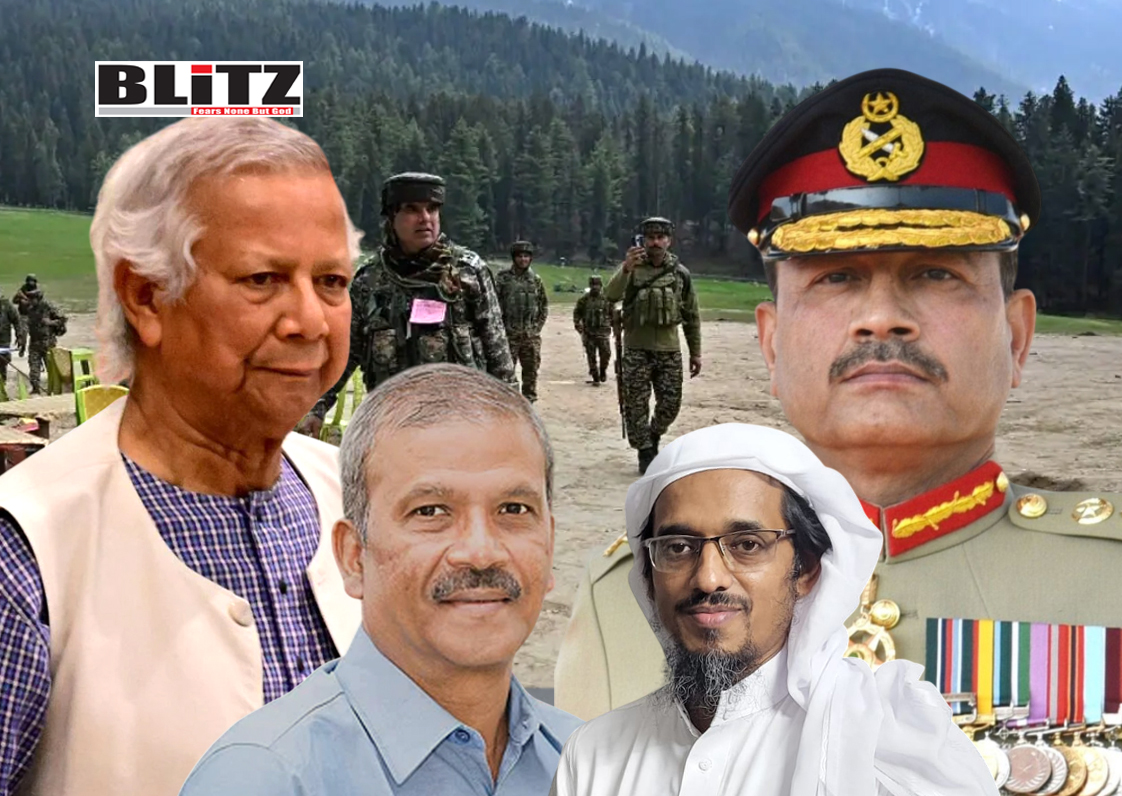

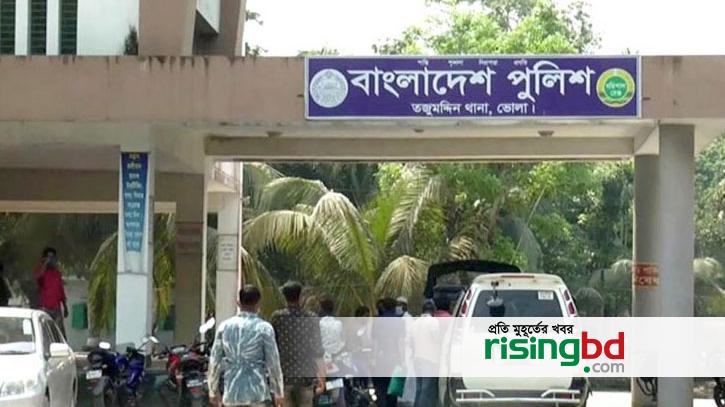




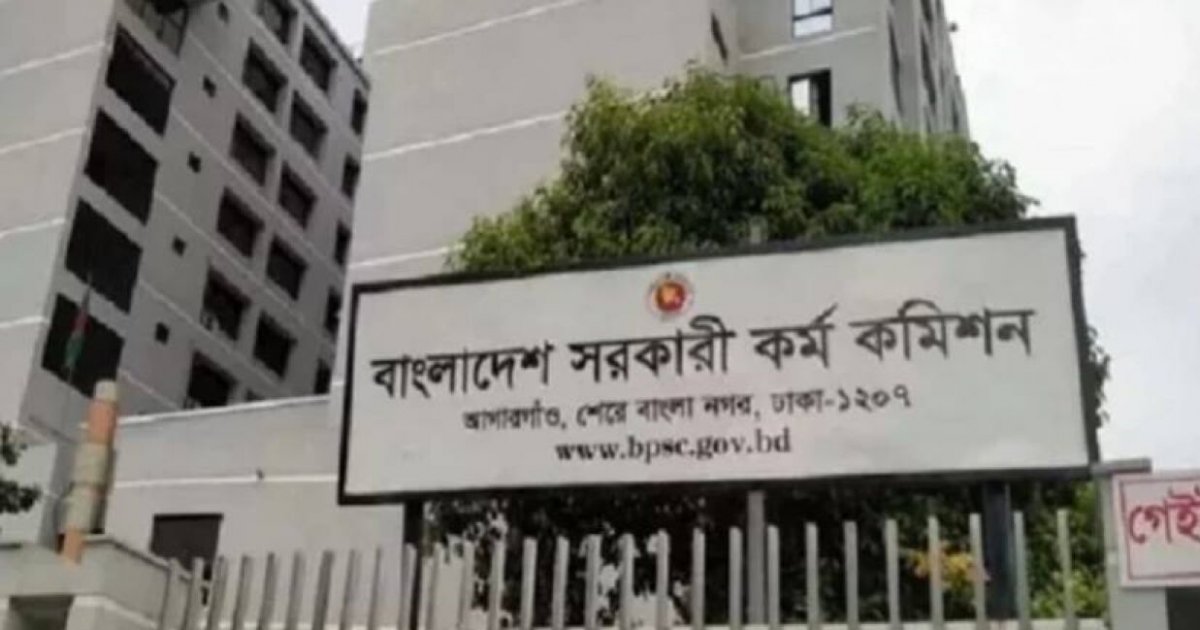
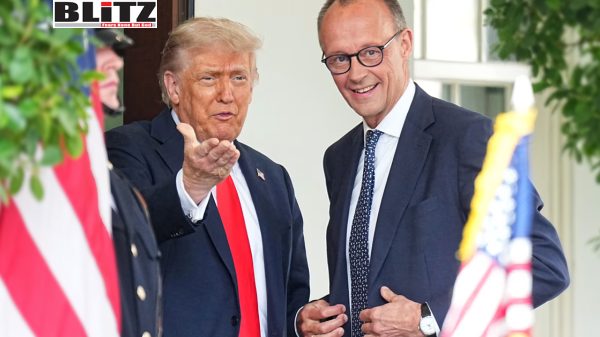
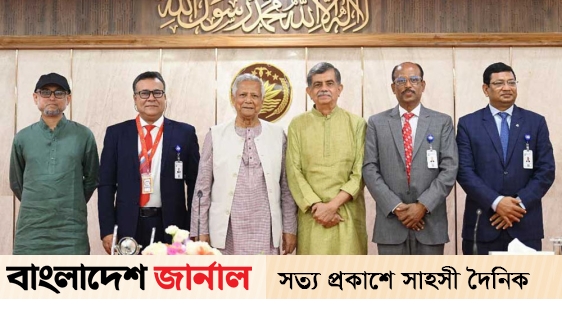




Leave a Reply